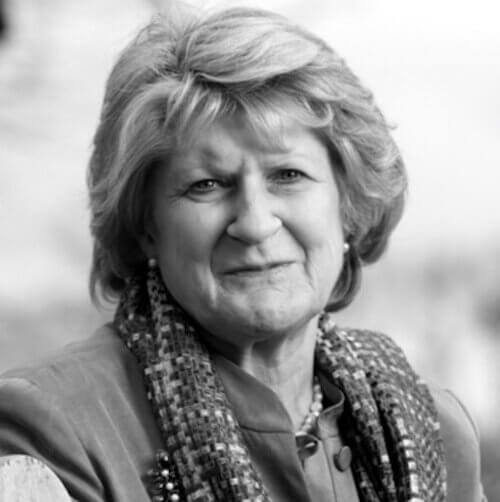Mapping the Territory of Team Coaching with Alison Hodge

Senior leadership teams are looking to improve their effectiveness in today’s constantly changing and unpredictable world. As a result, there is increasing interest in team coaching in organisations across the globe. Executive and business coaches are now being asked to offer coaching to teams who are often operating within complex organisational systems.
While new models are emerging in the literature as we attempt to capture the complexity of the process and tasks involved in team coaching, until now (February 2021) there doesn’t appear to be one composite model to represent the extensive and diverse factors that the team coach needs to consider and attend to during an assignment.
Psychological phenomena, customs and culture, leadership, diverse relationships, contracting and re-contracting…These are just some of the factors that emerge during a team coaching assignment. In this interactive session I will share a map that I have developed that represents the major factors or elements involved in team coaching that participants may meet. People will have the opportunity to discuss and consider the impact that each factor may make in a client assignment.
Participants will have time to reflect in small groups on how they might draw on the map to inform their practice. The map itself personifies the diversity and need for inclusion both existentially and practically. It has just been published for the first time in a chapter that I have co-authored with David Clutterbuck in “Coaching Supervision: Advancing Practice, Changing Landscapes” (Birch, J. & Welch P. (Eds) 2019 Routledge, London) and soon to be published in the 2nd Edition of the Supervisors’ Handbook (published by Open University Press) due out in May 2021.
About Alison Hodge
Alison is passionate about enabling individuals to realise their potential through their work, to meet their own aspirations and purpose. She graduated with a DProf in Coaching Supervision from Middlesex University London in July 2014 and is a member of the Executive as Consultant to Faculty & Curriculum and Senior Faculty member with CSA. As an accredited Executive Coaching Supervisor (APECS & EMCC) she works globally as a coaching supervisor and with supervisors in training.
Alison has found that a powerful source of understanding for both the coach and supervisor lies in their relationship and interactions. When both parties are involved in co-creating the supervision relationship, the potential learning for both parties is tremendous. Through reflection on practice in supervision we gain valuable data and insights that may inform what is happening in the organisational system in which team coaching is taking place. She has extensive experience of working with groups, group and team facilitation and group process.

